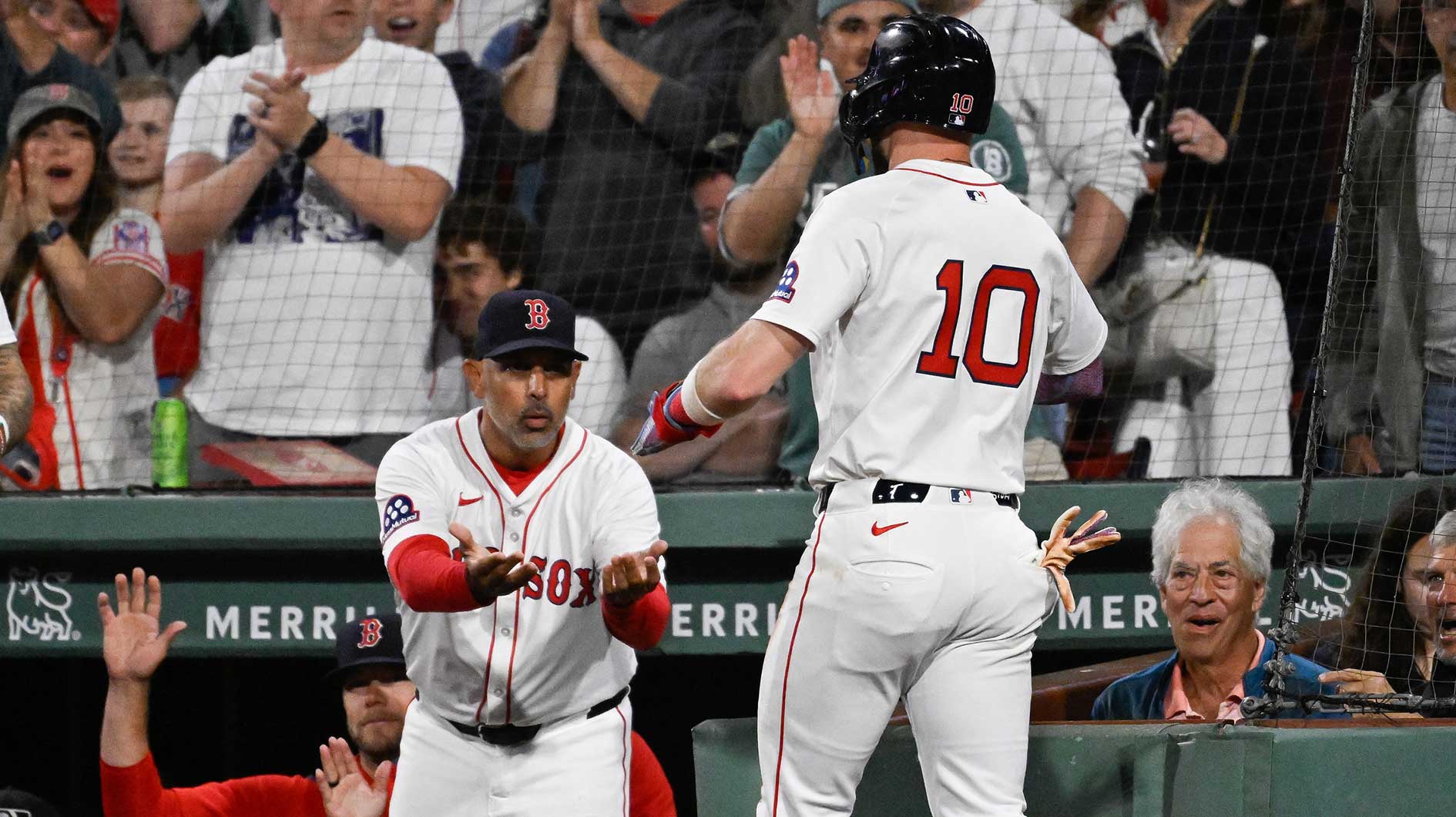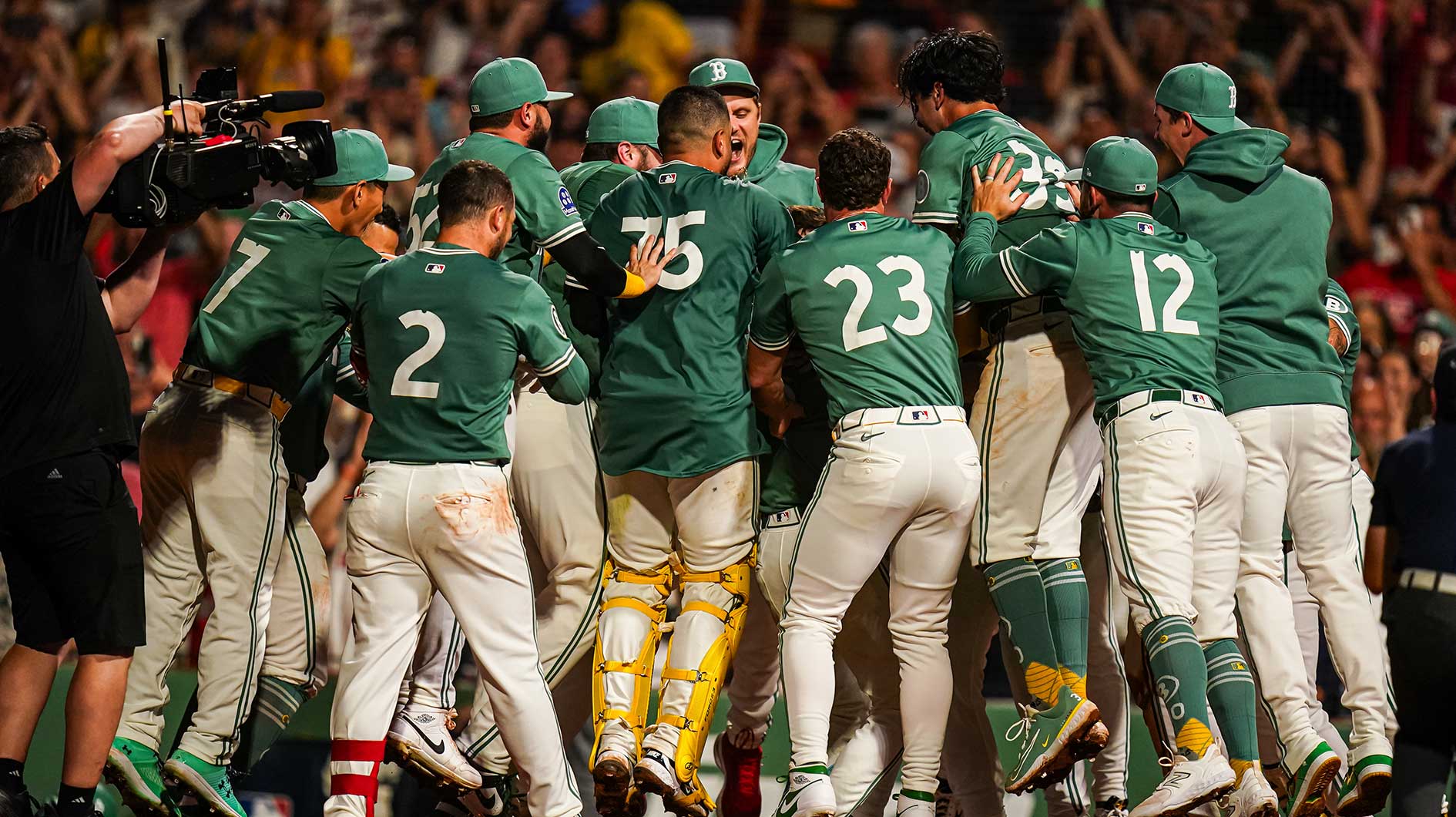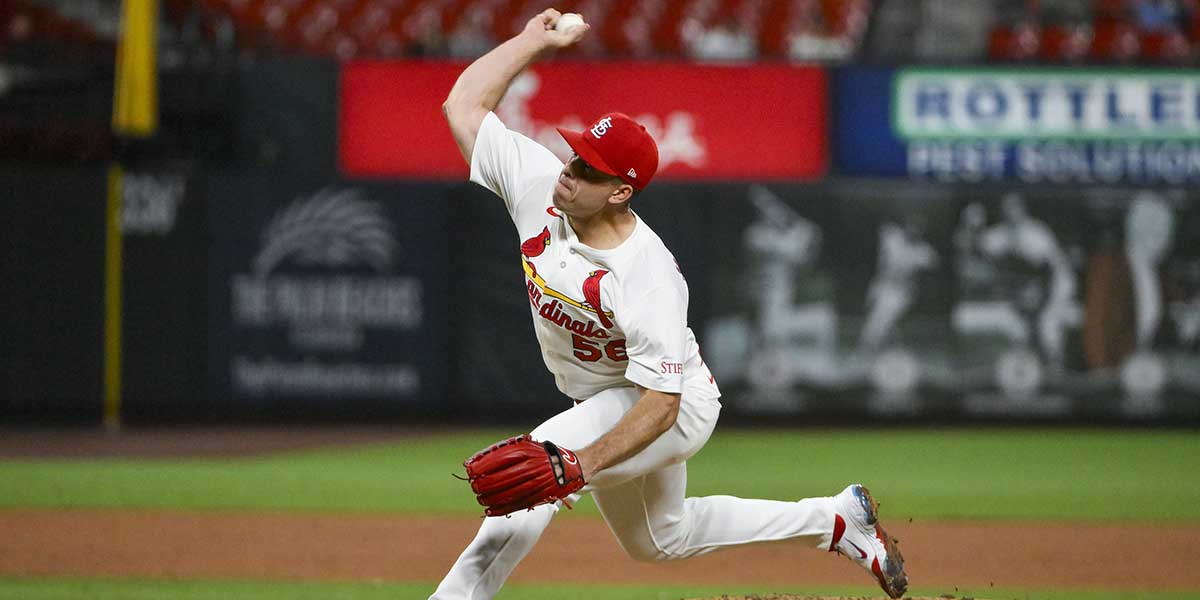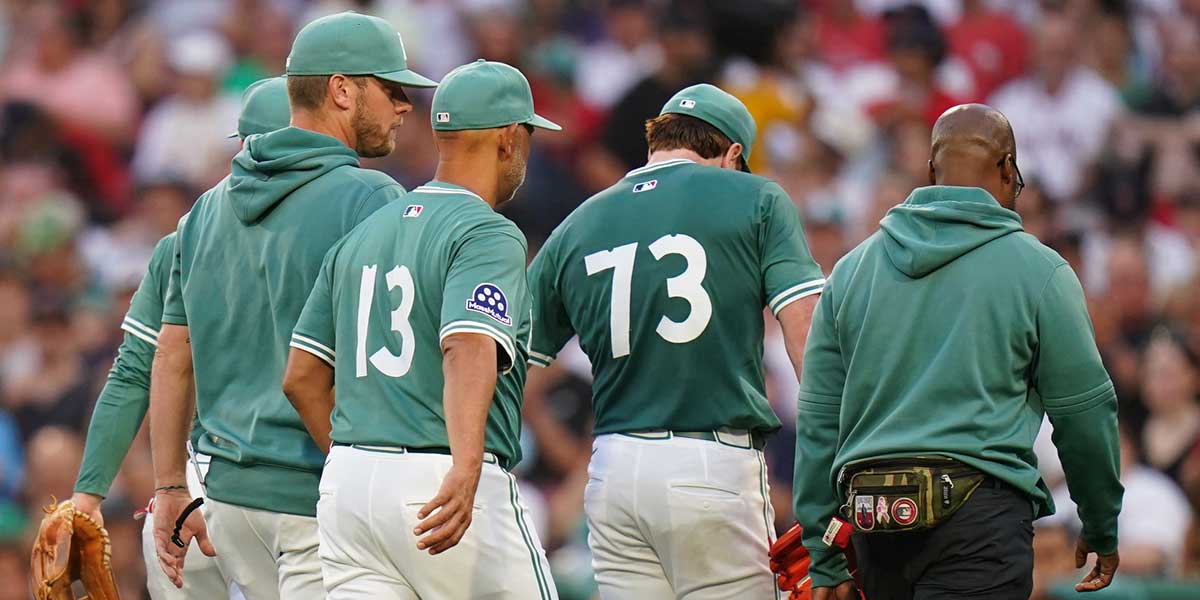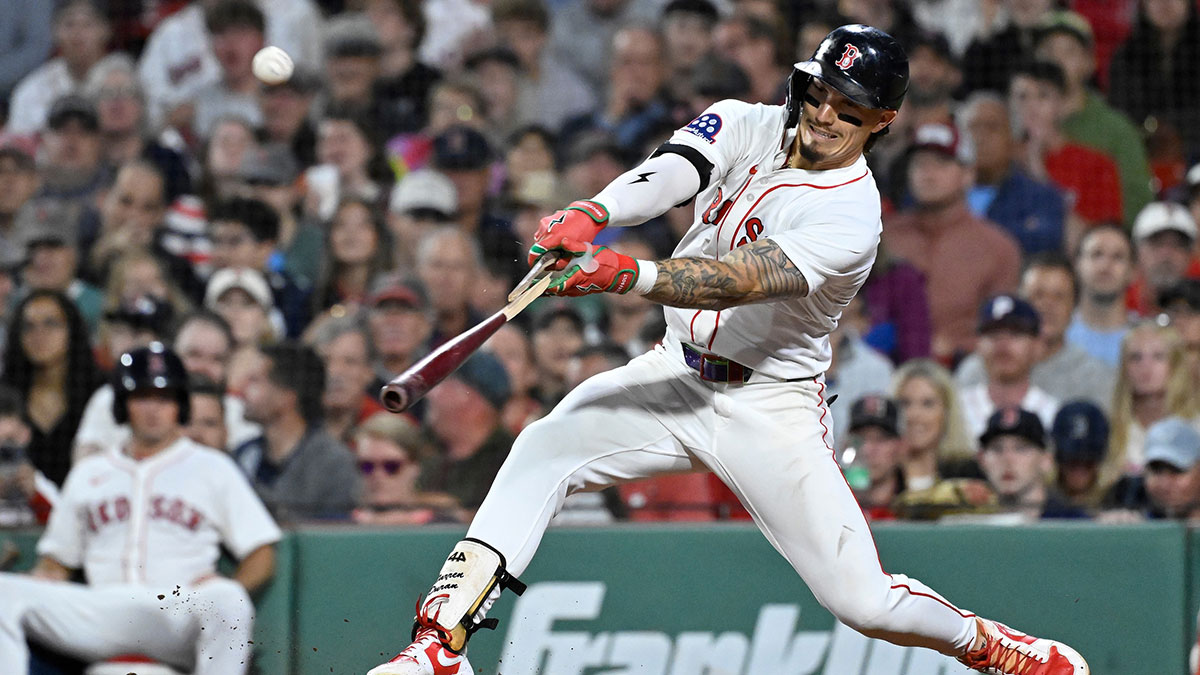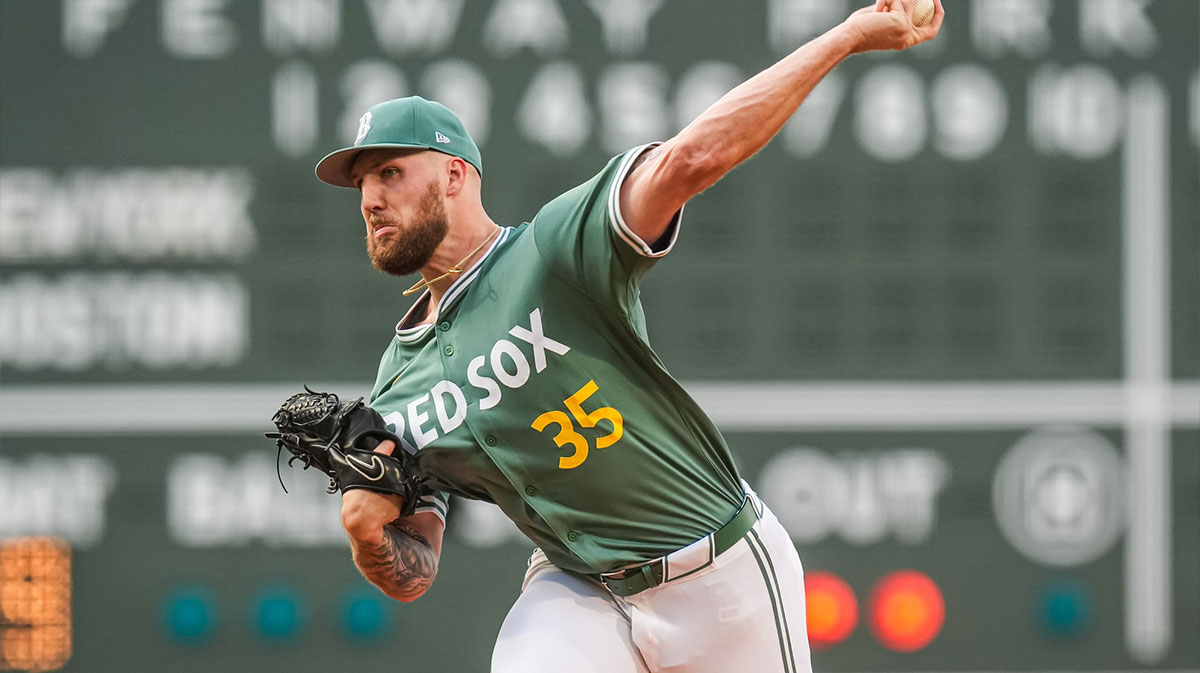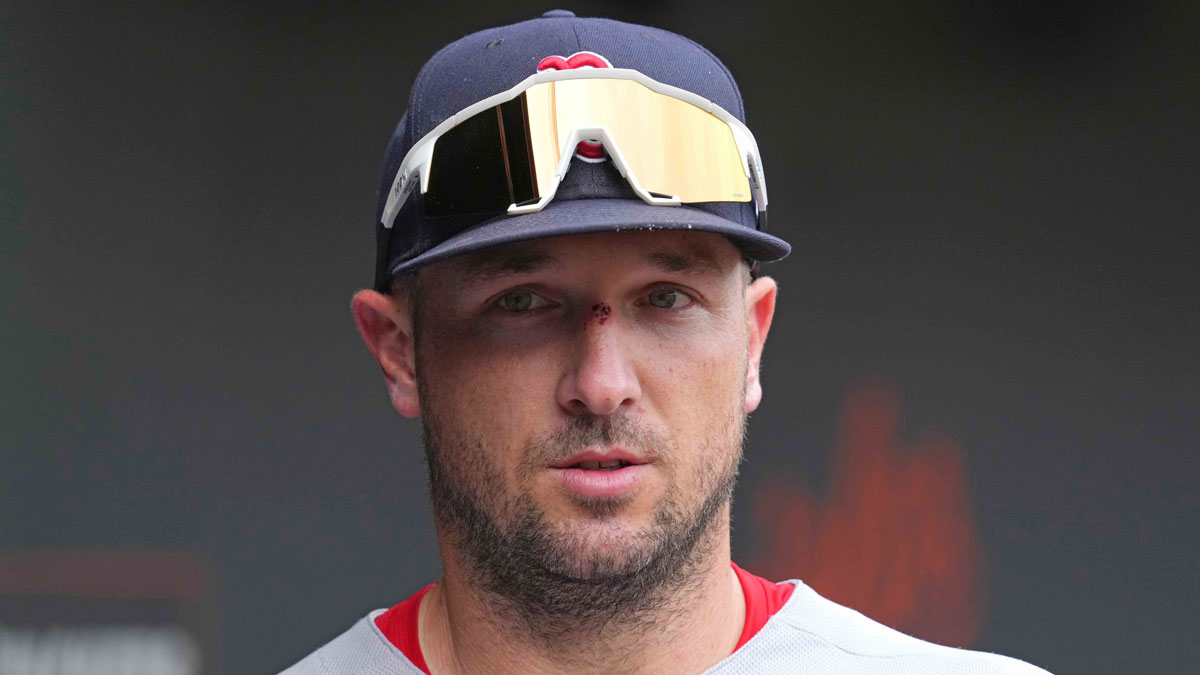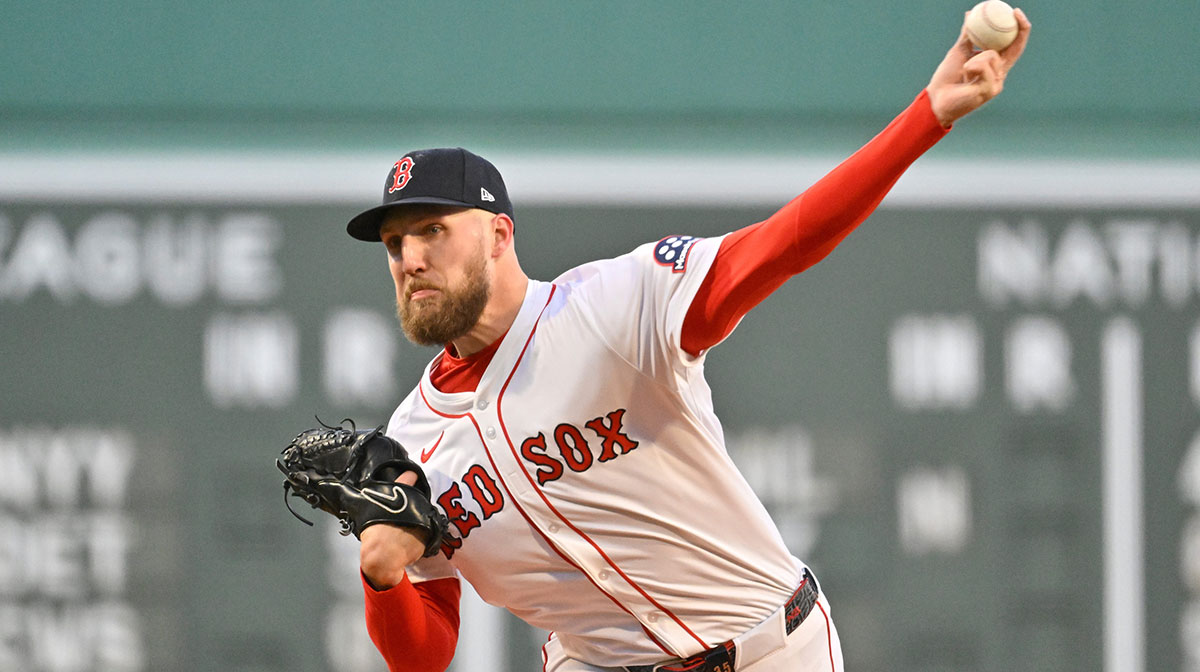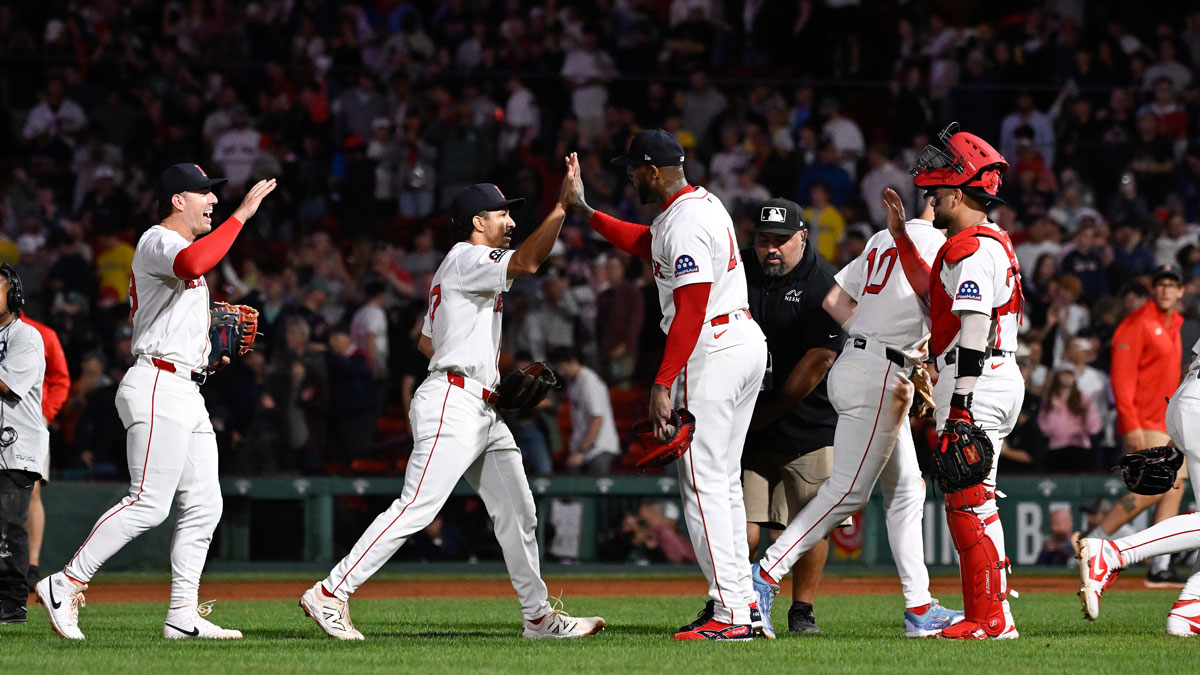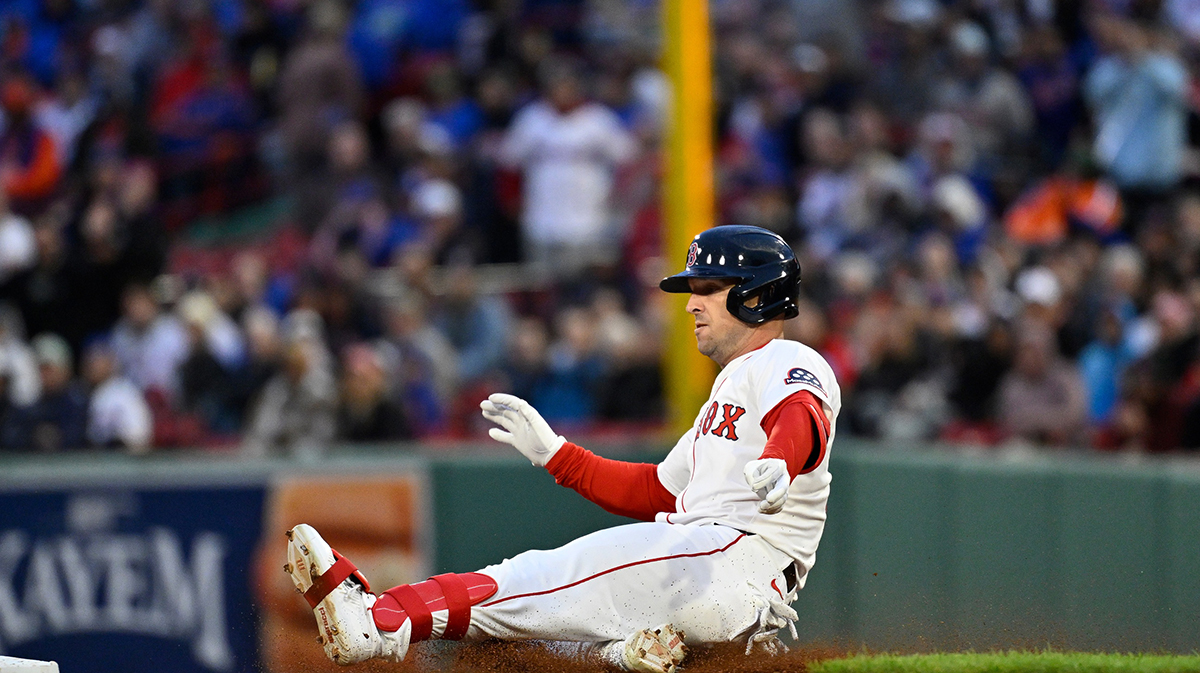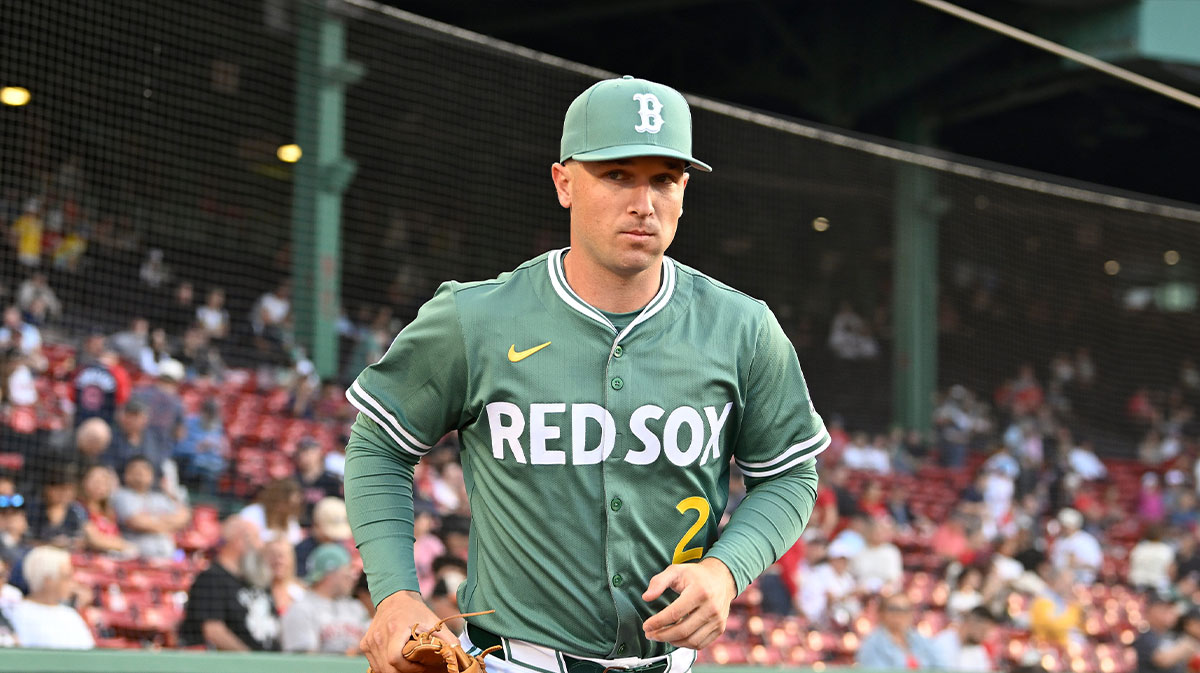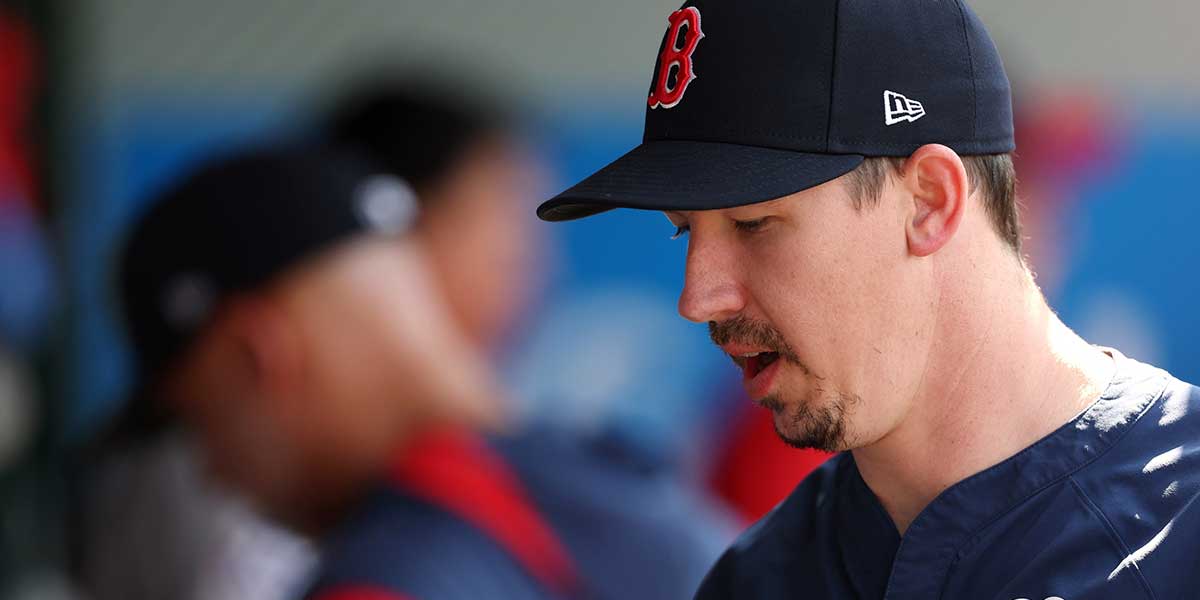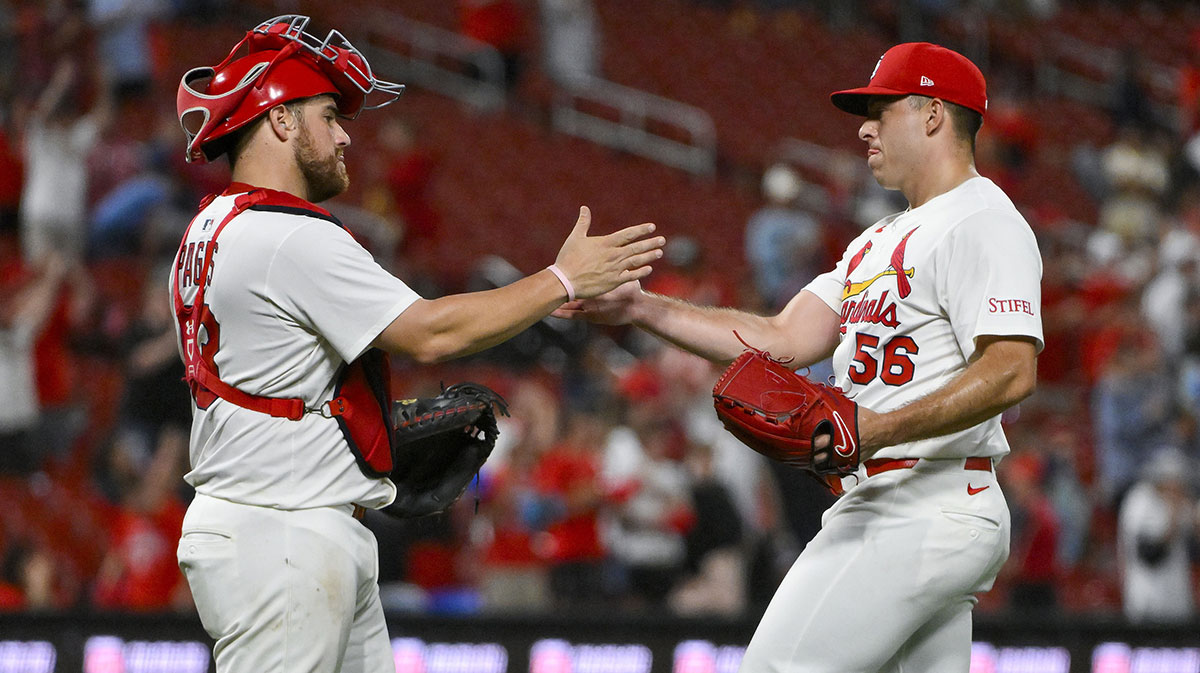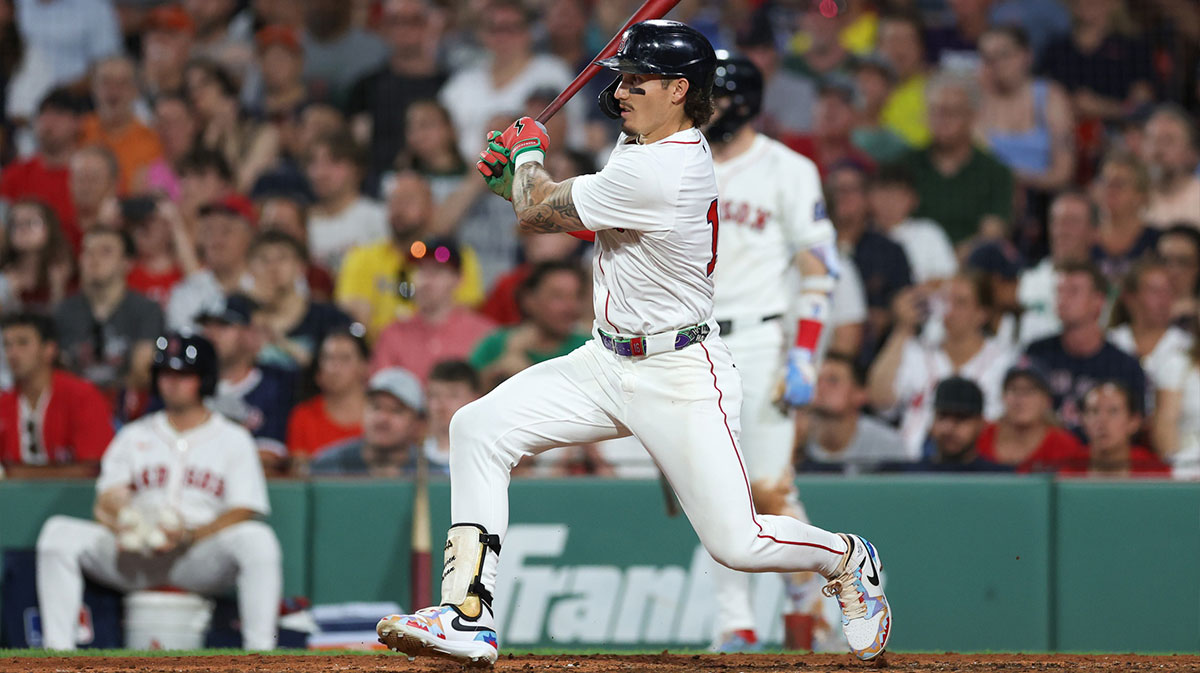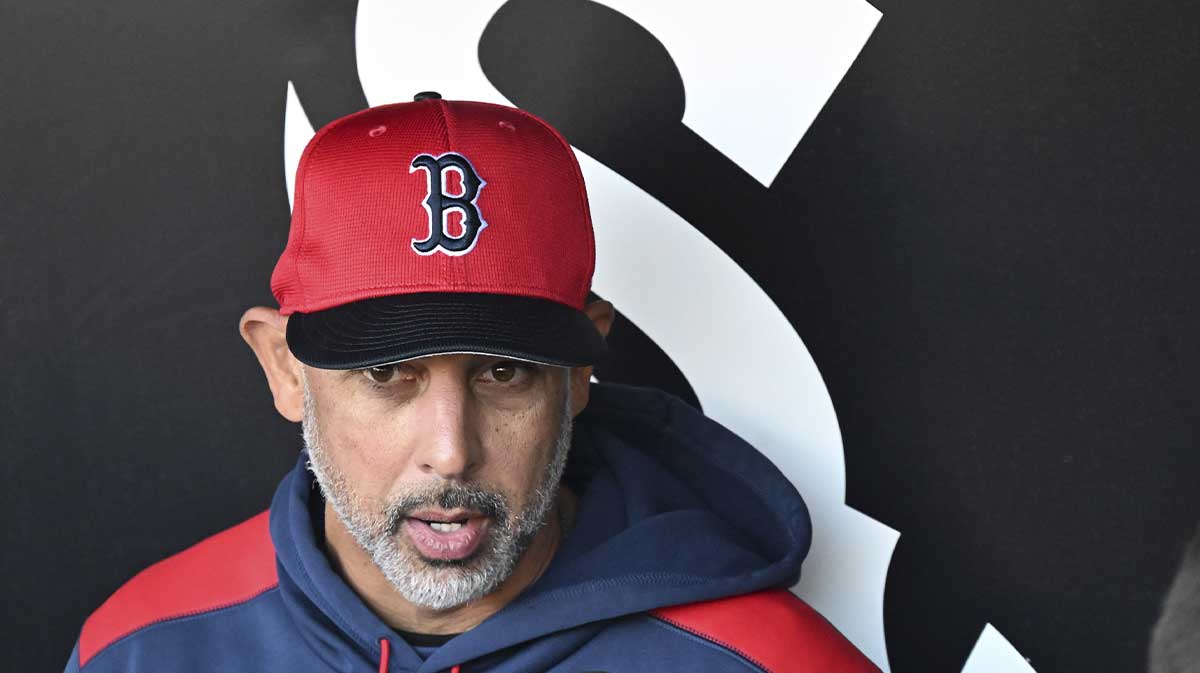The Boston Red Sox had a rather strange 2022 MLB trade deadline. Chief Baseball Officer Chaim Bloom couldn't seem to make his mind up on whether he thought the Sox should be buyers of sellers. And that resulted in a somewhat chaotic deadline in Boston.
In the door came Eric Hosmer, Tommy Pham, and Reese McGuire. Out the door went Christian Vazquez and Jake Diekman. Some prospects were involved in these deals, but none are going to factor into the 2022 season for the Sox. It was a very confusing strategy from Bloom in what has been a very confusing season for the Red Sox as a whole.
Whether or not these moves will push Boston into playoff contention again remains to be seen. But it's tough to argue that, after trading Vazquez to the Houston Astros, the Red Sox shouldn't have been sellers. And their inability to trade this star slugger probably is going to come back to bite them in the future.
The 1 move the Boston Red Sox should have made at the 2022 MLB trade deadline
Trade J.D. Martinez
The Red Sox opened the season ice cold, went on a torrid run in May and June, and then went cold again in July. After leading the American League wild card race at one point, Boston finds themselves four games out of the final spot currently. That's a deficit that can be overcome, but given how bad the Sox has looked lately, and the fact that there are three teams between them and the Tampa Bay Rays, who are holding onto the final spot, it doesn't seem very attainable.
With that in mind, it made sense for Boston to explore being a seller at the deadline and see what they could get for some of their top players. The Vazquez trade signaled that Bloom was resigned to being a seller. But his ensuing moves were all geared more towards being a buyer more than a seller.
In the process, the Sox held onto virtually all of their veteran core aside from Vazquez. They probably shouldn't have limited their selling to just Vazquez, and the one name who stands out as a guy the Sox should have moved is J.D. Martinez. Boston had the perfect opportunity to trade Martinez at the deadline, but instead decided to hold onto him for some odd reason.
Martinez earned the fifth All-Star selection of his career this season, but he's having an OK season at best. He's been very average when it comes to his production (.281 BA, 9 HR, 40 RBI, .795 OPS), and at this point, he doesn't really serve a purpose on the Sox.
There were a lot of reasons to deal Martinez aside from his lack of production. To start, he's a soon-to-be 35 year old who's limited strictly to designated hitter duties. Martinez doesn't fit Boston's timeline anymore. They are looking to get younger around star third baseman Rafael Devers, and Martinez isn't getting any younger.
Martinez is also going to be a free agent after the 2022 season. Chances are he won't be re-signing with Boston. The Sox have younger options they can turn the DH position over to rather than Martinez, and they would be better off doing that than re-signing Martinez next offseason. The 2022 season has shown that Boston isn't really close to contending at this point, so bringing Martinez back would have to be considered a waste of resources that Bloom is adament on not spending.
Boston's prime goals this upcoming offseason are going to be signing Devers to a long-term extension, and re-signing Xander Bogaerts once he opts out of his current deal. That means there isn't going to be much attention left for Martinez, meaning he's probably going to be looking for a new home when free agency rolls around.
That's why trading Martinez now would have made so much sense. There's virtually no chance that Martinez will return next season, so Bloom may as well have tried to get a couple of prospects in return for him at the deadline while he could have. There were certainly teams that could have used a hitter like Martinez in their lineup, even as he labors through the 2022 season.
Instead, they are most likely going to lose Martinez for nothing this upcoming offseason. There were a couple other veterans on Boston's roster that they could have dealt at the deadline (Nathan Eovaldi falls in a similar category), but Bloom opted to hold onto them in hopes that the Red can make an absurd playoff run over the final two months of the season.
The problem is that earning a playoff spot is unlikely for these Red Sox, and even more unlikely is making a deep playoff run. All signs have been pointing to them falling apart for awhile now, yet Bloom decided against selling anyway. It was one of the more baffling strategies of the trade deadline, and it will almost certainly come back to haunt Boston.

